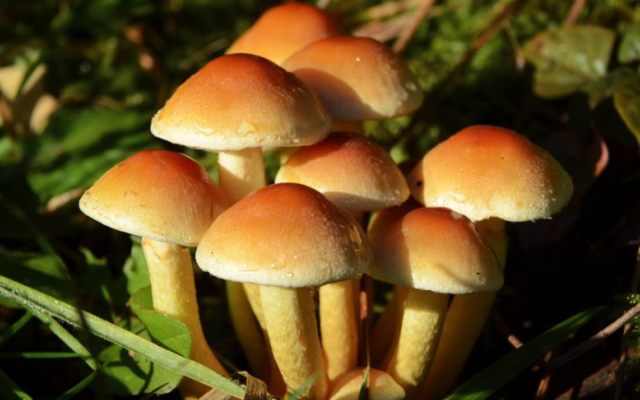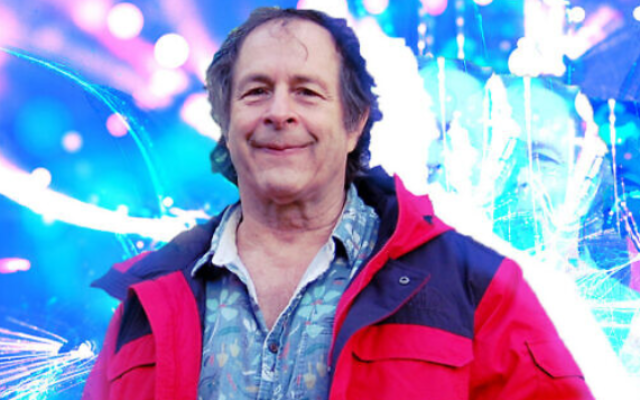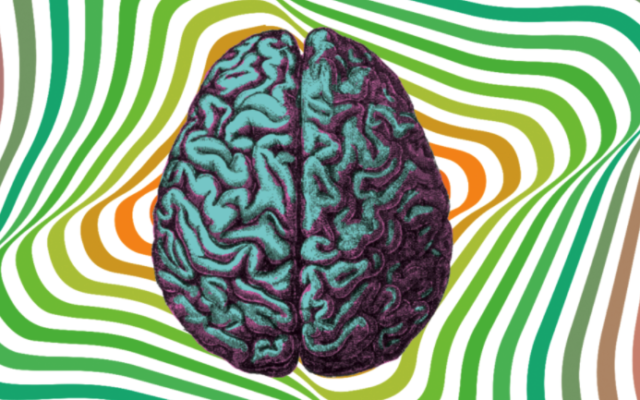A Psychedelic Head Trip May Be in Your Medical Future
Medical researchers are seriously exploring the use of psychedelic mushrooms for a wide range of physical and mental ailments.
If you have ever wondered whether psychedelics could help with your chronic medication-resistant depression, the Emory University School of Medicine is looking for you.
The director of the medical school’s Mood and Anxiety Disorders Program, Dr. Boadie W. Dunlop, is currently running a scientific study on the effects of psilocybin, one of the hallucinogenic compounds found in certain mushrooms.
If you’re approved for Dunlop’s study, you’ll receive your psilocybin dose in a psychiatrically supervised eight-hour session that is likely to produce an extended series of hallucinations, or what used to be called a “head trip.”
You’ll also have weeks of free follow-up psychiatric appointments and compensated for your time. Follow-up treatments are said to be critically important for those taking psilocybin because they help to integrate the experience and can alter a patient’s mood for months or longer after the session has been completed.
Though it is now being used in scientific studies, psilocybin remains classified as a Schedule 1 drug by the federal Food and Drug Administration, which means that it is considered to have “a high potential for abuse” and “no currently accepted medical treatment use.”
That has not prevented psilocybin- and psilocin-containing mushrooms from finding newfound respect in some of the most prestigious medical institutions in America. In 2020, voters in Oregon voted to legalize its medical use.

Part of the reason for this shift in favor of psilocybin from both doctors and the general public is the confirmation, through informal and scientific research, that it and compounds like it may play an important role in treating medical conditions that have so far resisted successful treatment.
Much of the work to restore the good name of these powerful drugs has come from Rick Doblin, a Jewish medical activist who has a PhD in psychology. Doblin’s Multidisciplinary Association for Psychedelic Studies (MAPS) has raised tens of millions of dollars to test the medical effects of psychedelics. His work echoes the pioneering research by Swiss scientist Albert Hoffman in the 1930s, as well as the writings of Aldous Huxley, the British novelist and social thinker who wrote “The Doors of Perception.”
In an interview with the California Health Report, Doblin was quick to defend psychedelics as misunderstood substances.
“Psychedelics don’t produce a psychedelic experience,” Doblin argues. “They produce a human experience that is brought to the surface by psychedelics.”
That was much the same conclusion to which the bestselling author and journalist Michael Pollan came in his 2018 book “How to Change Your Mind: What the New Science of Psychedelics Teaches us About Consciousness, Dying, Addiction, Depression and Transcendence.”
Writing in the Wall Street Journal, Pollan claimed that what the hippies learned in the 1960s without the benefit of clinical trials may not have been that far from the truth.
“… Studies imaging the brains of people on psychedelics have opened a new window onto the study of consciousness, as well as the nature of the self and spiritual experience. The hoary ‘60s platitude that psychedelics would help unlock the secrets of consciousness may turn out not to be so preposterous after all,” Pollan wrote.

For seniors who often contend with deep psychological issues related to aging, psilocybin Pollan wrote, may be particularly useful in helping to overcome anxiety, alleviate depression and reduce social isolation.
For more serious medical conditions, the use of psilocybin has helped terminal cancer patients cope with anxiety and brought them a greater sense of peace.
There is even some suggestion that psilocybin may be useful in the treatment of Alzheimer’s. Researchers at Johns Hopkins University believe that psychedelics have the ability to change not only brain function but the very structure of the brain.
Based on the success of trial in animals, scientists at Emory believe that they may be able to change the way that billions of neurons in the brain communicate with one another.
Clinical trials of psilocybin are set to begin soon on patients with early-stage Alzheimer’s to determine whether what’s called the adaptive neuroplasticity of the brain can be altered by psilocybin to improve the way the brain processes memories.
Doblin envisions a time in the not-too-distant future when psilocybin in very small quantities — often called microdoses — will be commonly available.
These microdoses would be too small to create hallucinations but large enough to regularly boost our mood and self-esteem when they are needed. Doblin told the Times of Israel that he thinks we are on the verge of a sea change in our attitude toward the use of such substances.
“There’s just such decades and decades and decades of propaganda and fear,” he said. “And how do you overcome that? That’s where medicalization comes in. If you can show that the benefits outweigh the risks, it causes people to start thinking.”
- Seniors
- Senior Living
- Bob Bahr
- Healthcare
- Health Care
- Magic
- mushrooms
- shrooms
- psychedelics
- Rick Doblin
- Michael Pollan
- Alzheimer’s disease
- depression
- Emory University
- anxiety disorder
- psylocibin
- Albert Hoffman
- Aldous Huxley
- Wall Street Journal
- microdose
- trip
- Schedule I
- Schedule 1
- FDA
- Food and Drug Administration




comments